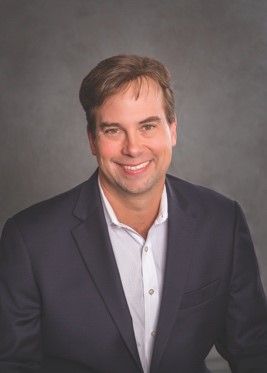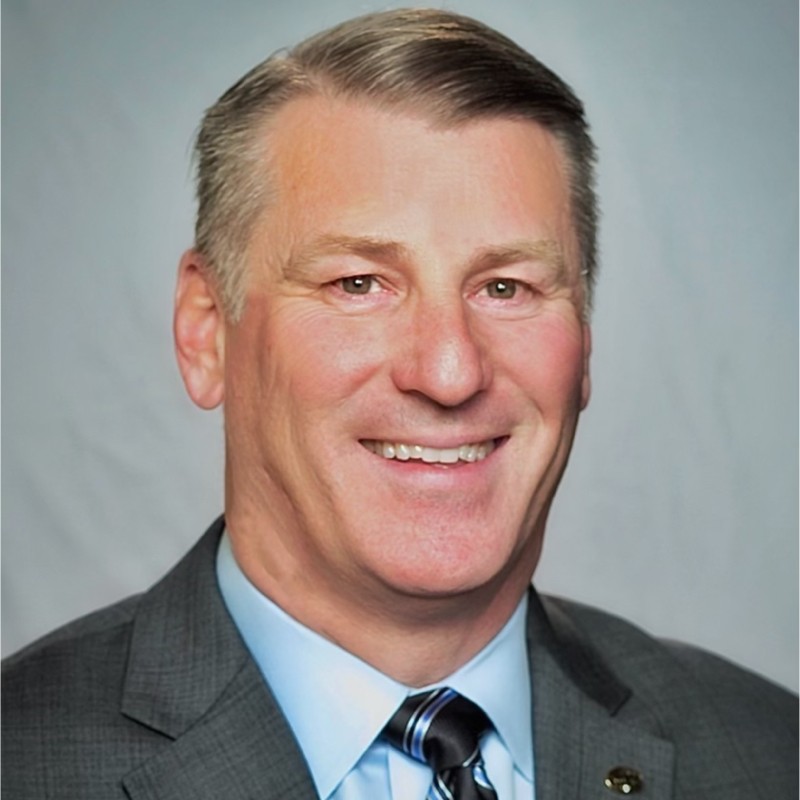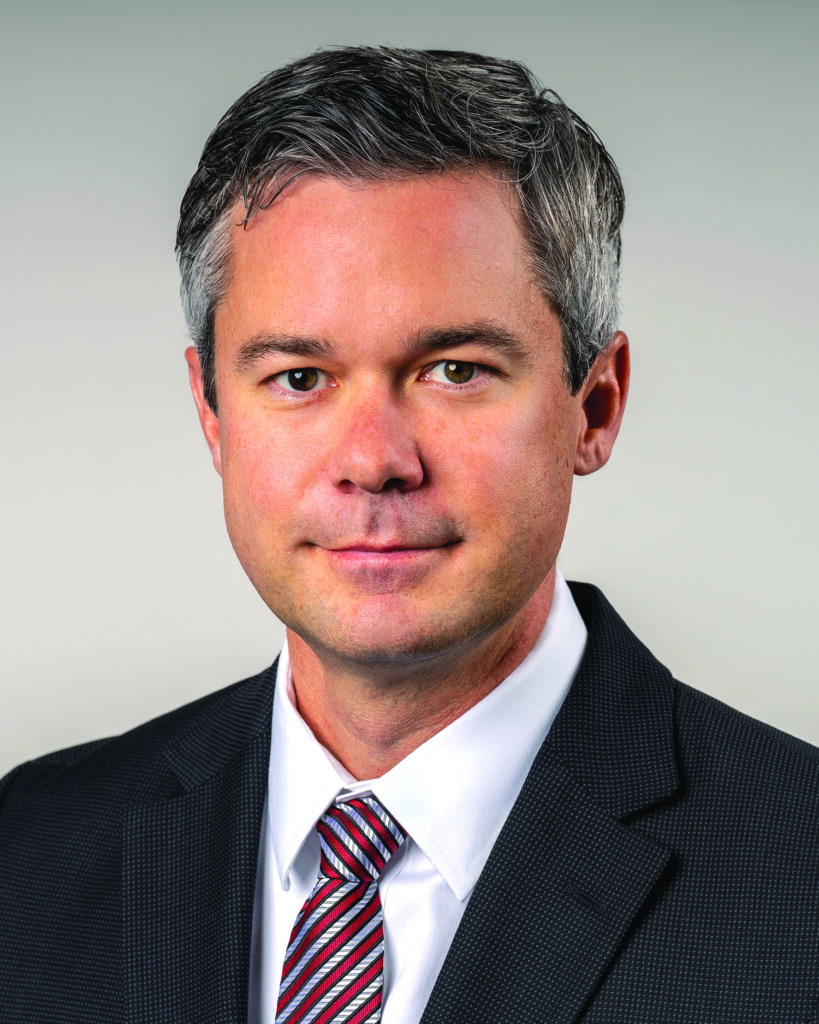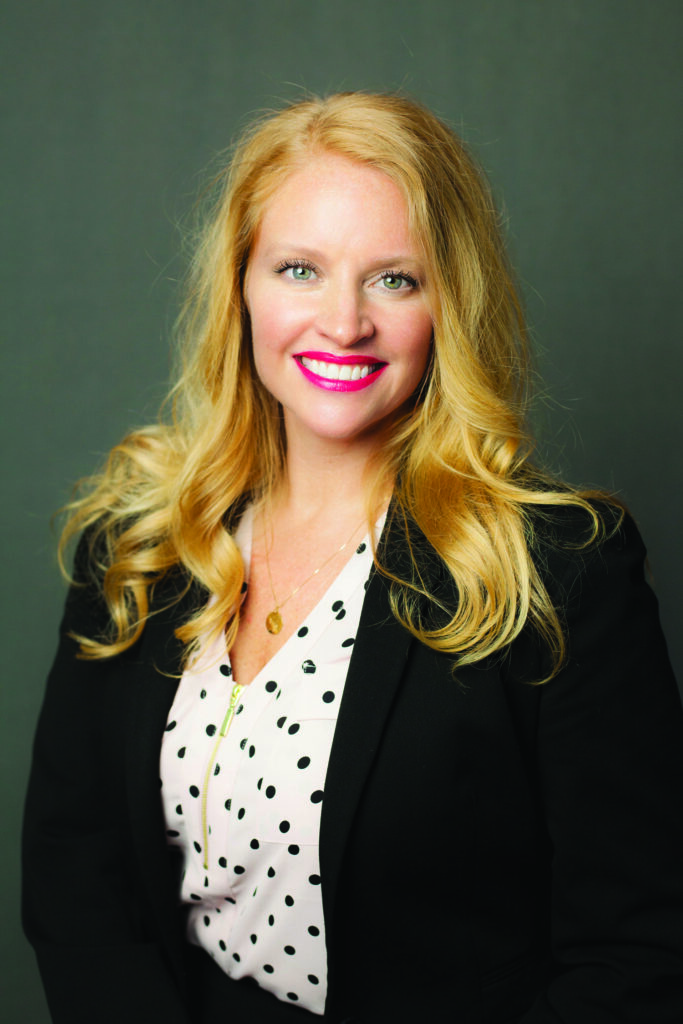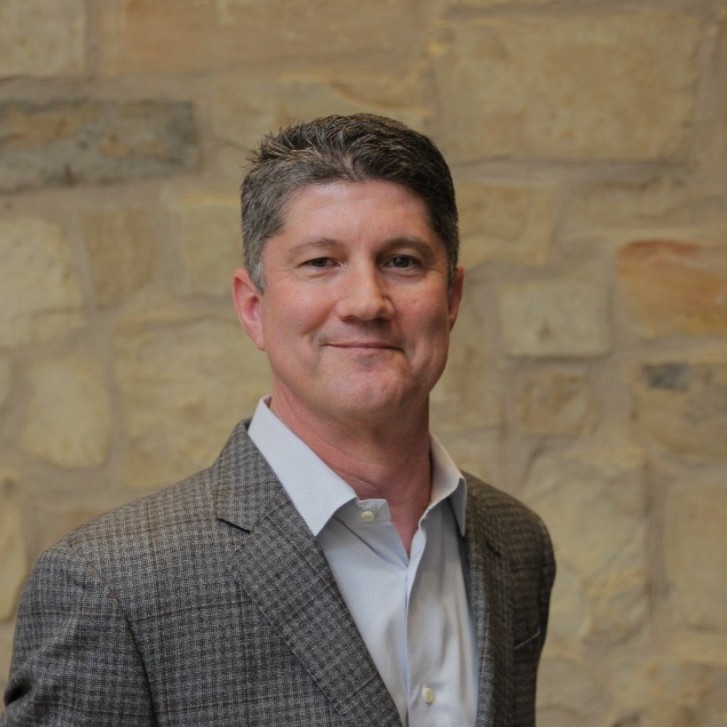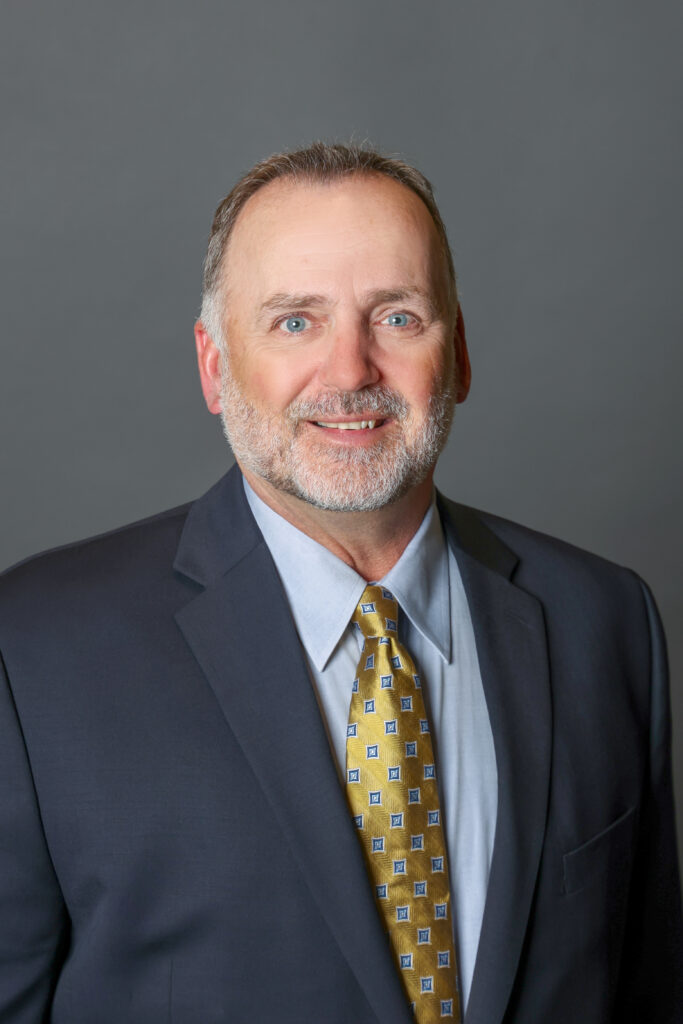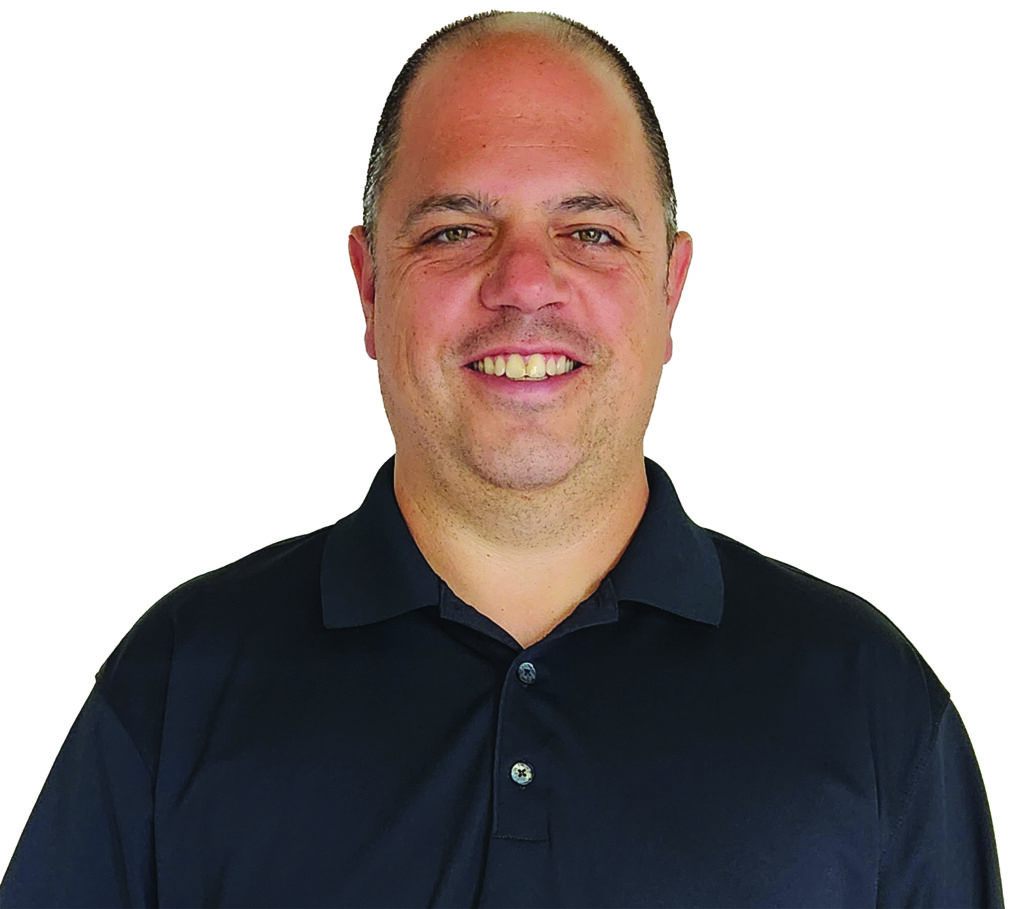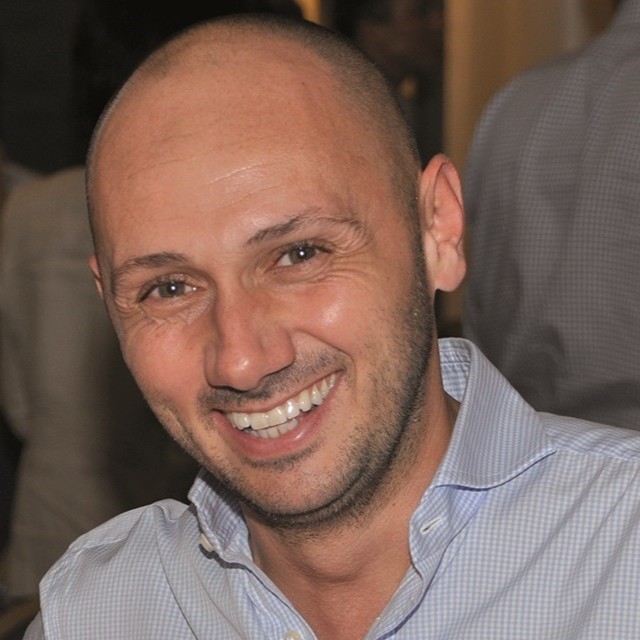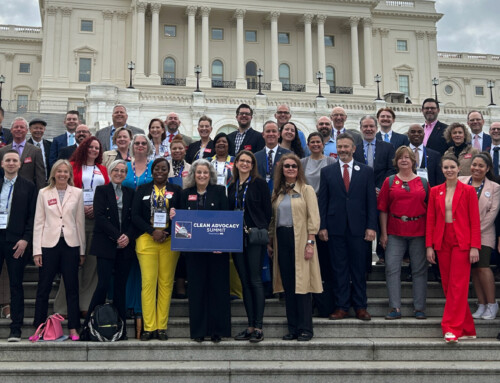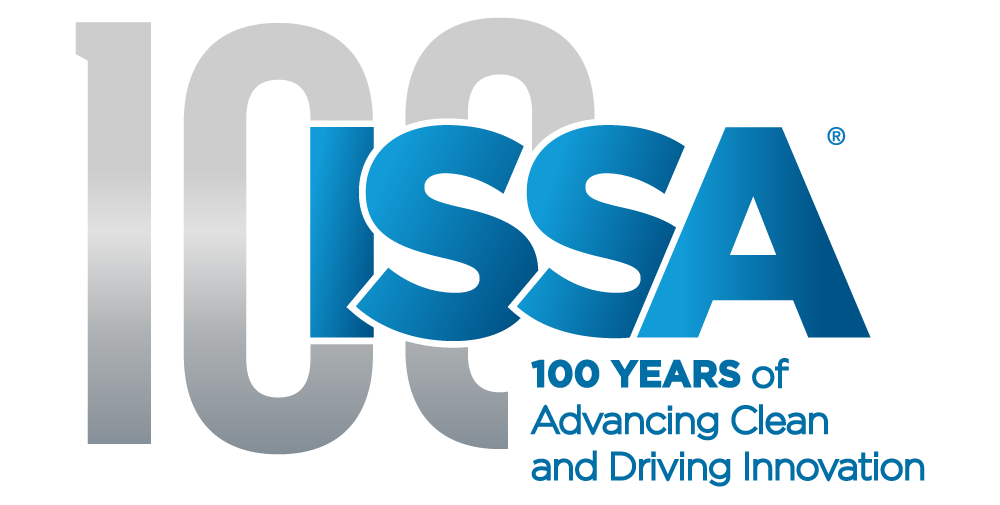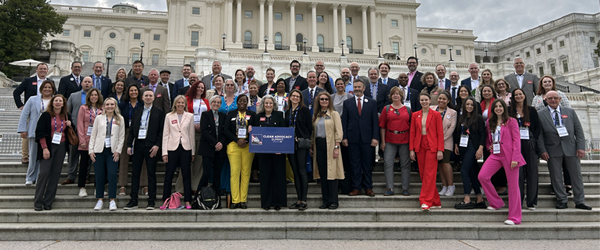Shaping the Industry
When it comes to the glue of the cleaning industry, one of the critical elements is the manufacturing sector. Whether equipment, products, chemicals, or other components needed for cleaning, sanitizing, disinfecting, and any task related to facility maintenance, manufacturers step up and respond to the demand.
Manufacturing is more than simply creating tangible goods—it embodies human ingenuity and innovation. You see it annually at ISSA Show North America in every aisle and in the Innovation Theater. You see it in ISSA’s various publications. ISSA manufacturer members are innovation leaders.
As ISSA celebrates its 100th anniversary, your worldwide cleaning industry association is proud to spotlight some of its valued manufacturer members who have stepped up to provide products you need, when needed, and deliver them even during turbulent times when much was in doubt.
Just as ISSA evolved over the years, from just seven founding organizations to now more than 10,500, the modern manufacturing landscape has evolved, embracing sustainable practices and digital technologies that enhance efficiency and reduce environmental impact. As the world shifts towards a more interconnected and environmentally conscious future, manufacturing is poised to lead the charge in creating a harmonious balance between human needs and the health of our planet.
This is the how and the why ISSA manufacturer members do what they do.
Making history, making a difference

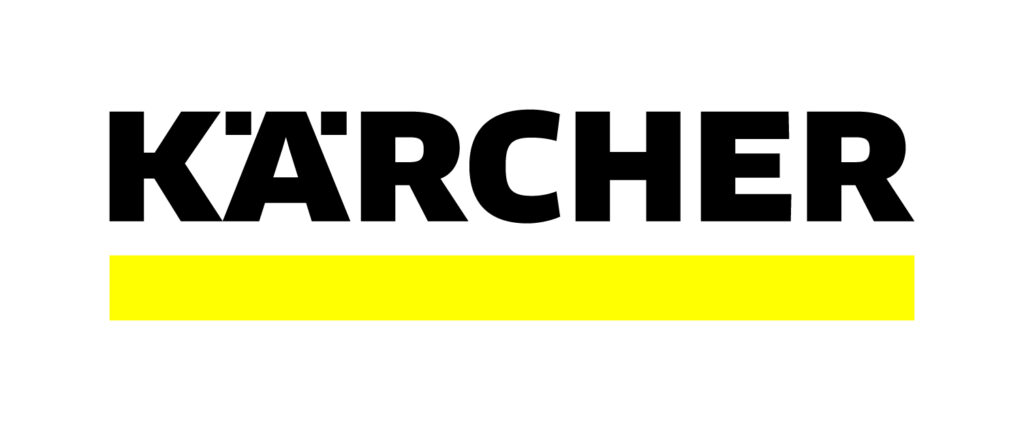
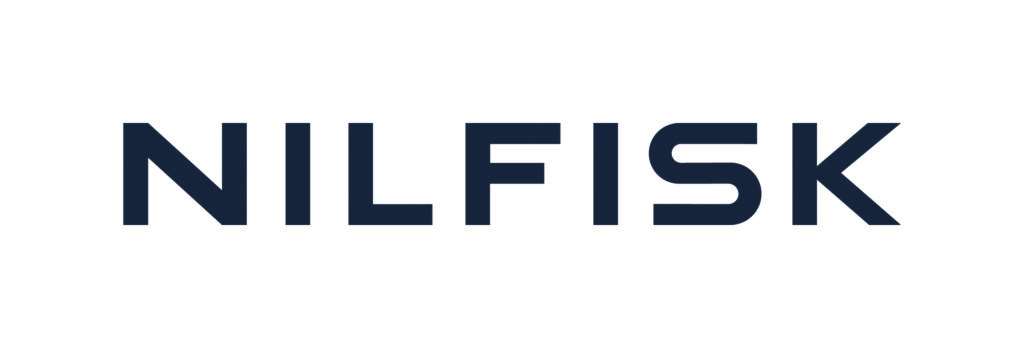
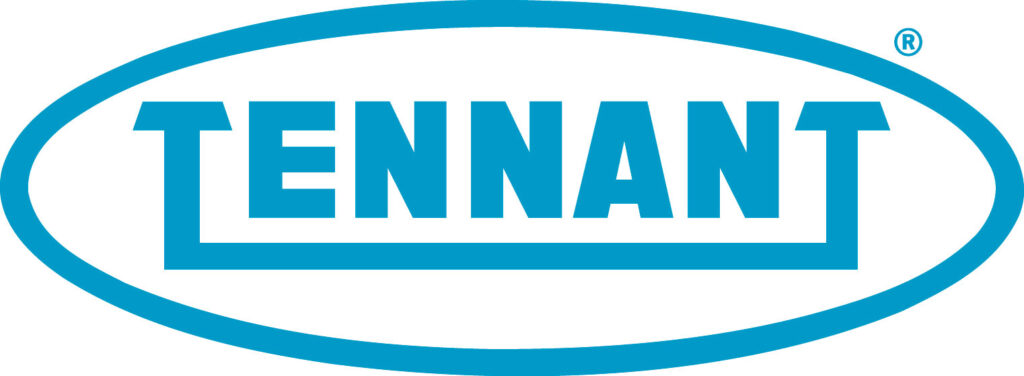
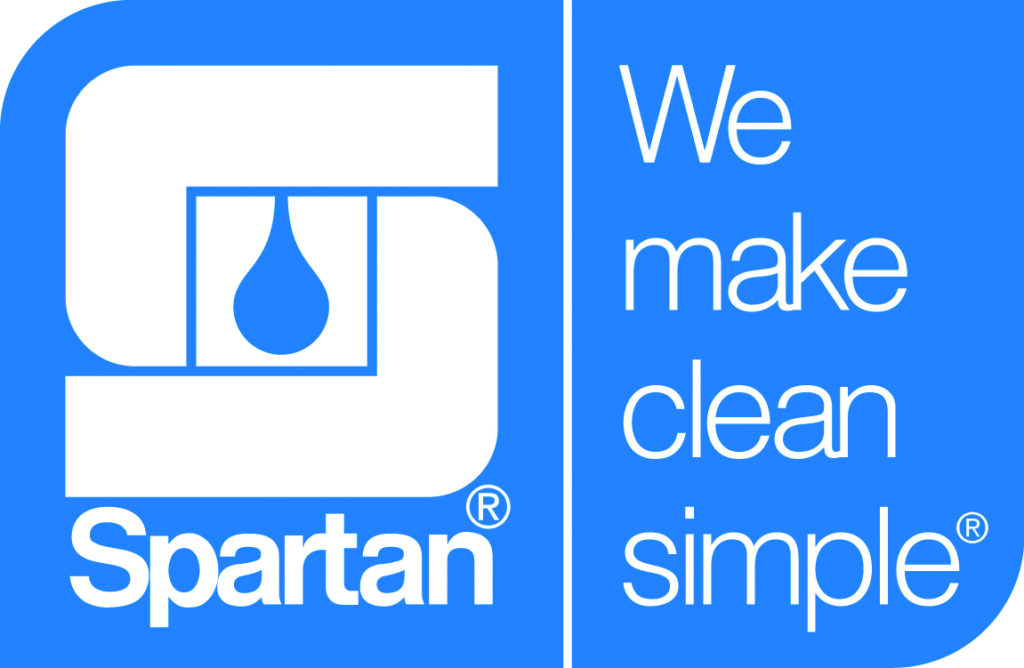
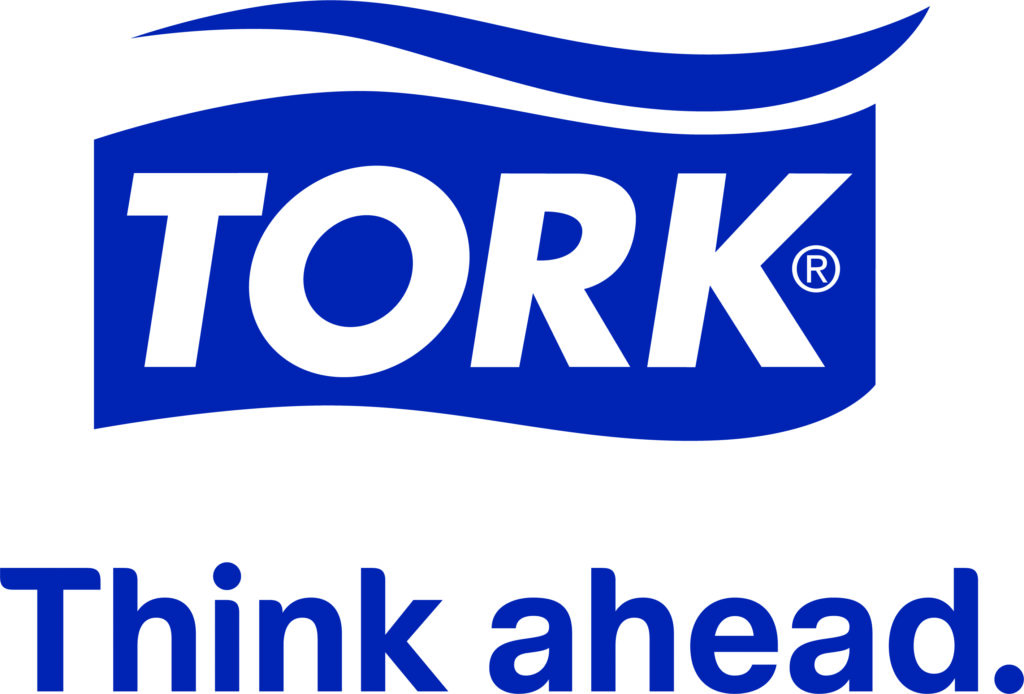

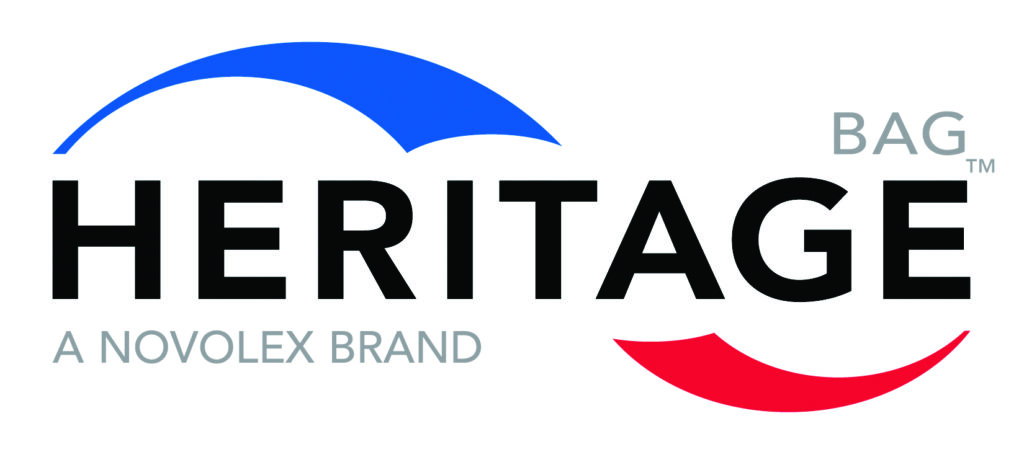
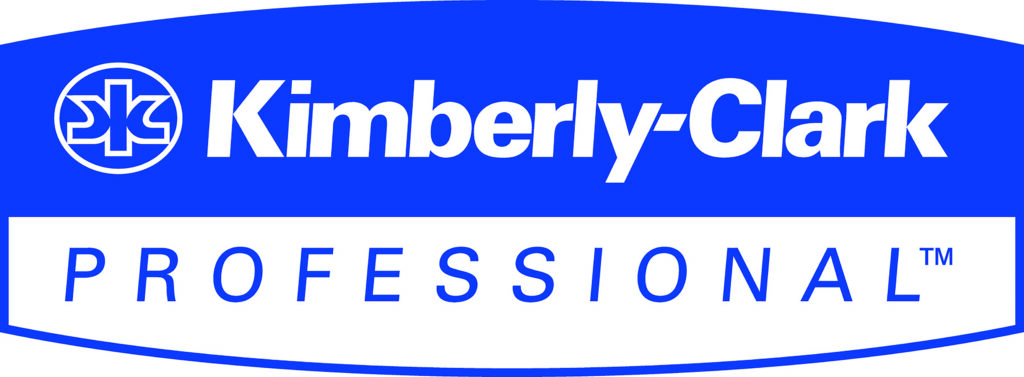
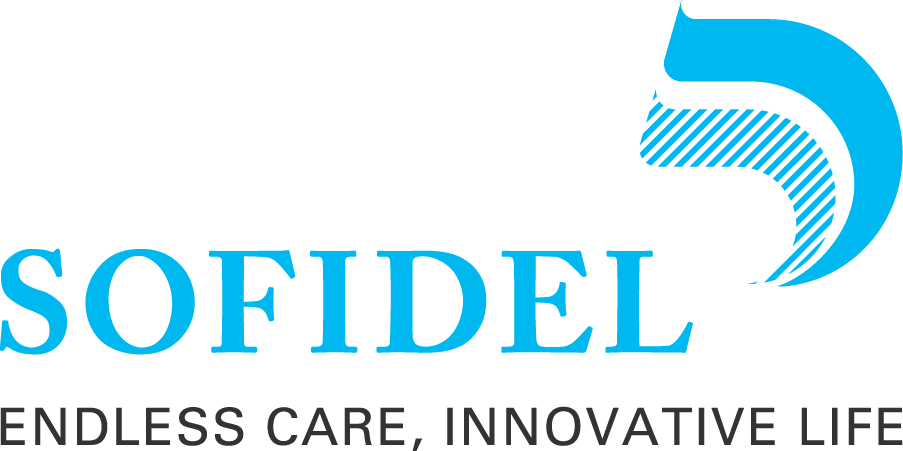

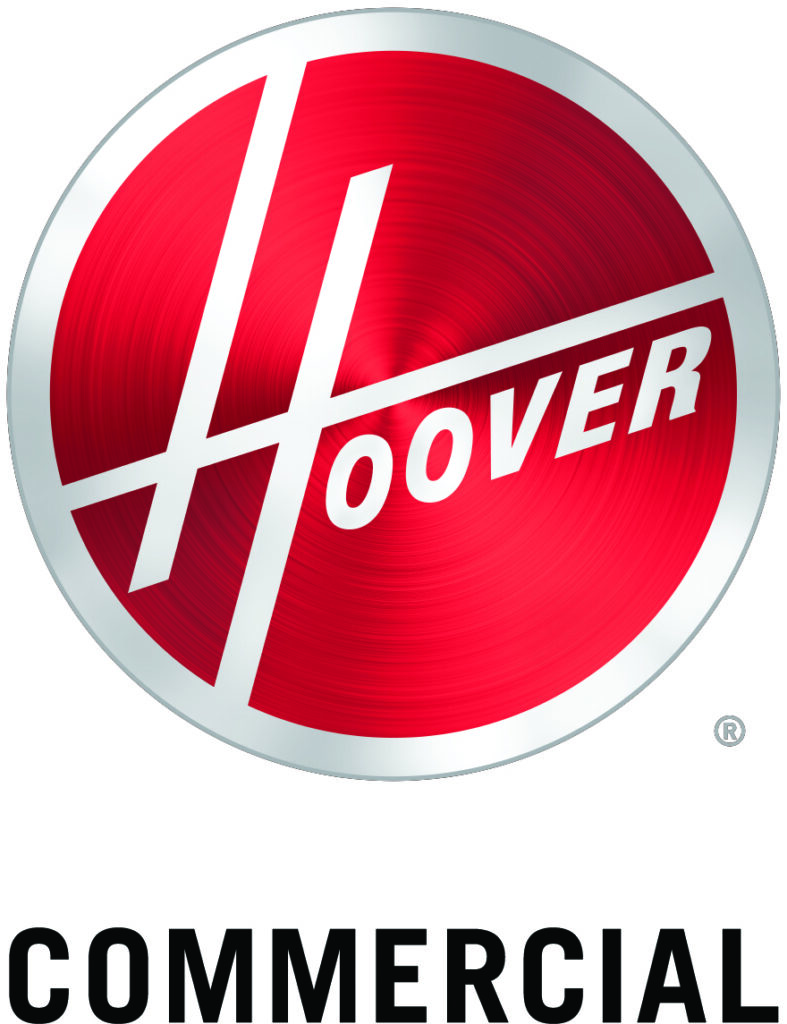

Business strategies
The Tork approach, like many, is to focus on its customers. “We are passionate about our customers, and via our segment approach, we are truly invested in understanding how each of our customers works,” explains Berkowitz. Tork pairs this ambition with its expertise in hygiene and sustainability, and “this enables Tork to deliver superior products and services that positively contribute to the customers’ business performance.”
Tork focuses on three principal areas when fulfilling its commitment to developing innovative, sustainable hygiene solutions: material and packaging; use and waste; and lowering carbon impact. “Tork is part of the global hygiene and health company Essity, which has been recognized by various organizations for its leadership in sustainability, such as Corporate Knights’ ranking of the world’s 100 most sustainable companies,” he added.
For Kimberly-Clark Professional, the company is committed to its partners’ ever-changing needs. “Many of these partners tell us our strength to the industry is innovation, and we have many examples of that,” Clement says. From first-of-its-kind dispensers to software solutions, the company provides what the industry needs.
At the beginning of 2022, Nilfisk embarked on a globally aligned strategy that puts people and customers at the core of a 5-year growth strategy. “That made 2022 year one of building platforms for long-term sustainable growth, not just in revenue, but also in culture and customer-founded solution selling,” O’Neill explains.
The starting point is Nilfisk’s distinct customer-value proposition. “With every decision, we first look to our value proposition—optimizing customer value creation, ensuring technology-enabled innovation, and leading with a commitment to sustainability for our business and our customers’ businesses,” O’Neill says. “By implementing new ‘Ways of Working,’ we are building a powerful execution engine that mobilizes and empowers our people throughout the organization.”
For The Bullen Companies, a strong strategic move began over 20 years ago. “We decided that if we were going to continue to be involved with U.S. Environmental Protection Agency (EPA) disinfectants and other forms of pathogen control, we needed to commit the proper resources to do it right for the long term,” according to Jarden. “That involved top talent in our lab, the proper equipment to follow strict quality control guidelines, and a qualified sales and technical staff.” Roll forward to 2020, and Bullen and its Airx Laboratories brand were already known as a top-quality source for pathogen control, with the products and proper training materials already in place when the pandemic hit. “We are very proud to help control pathogens and make life safer.”
Tennant Company has a long history of achieving success by innovating. “During the economic turbulence of the last few years, as an example, Tennant adopted a supply resiliency strategy to address acute supply chain challenges,” explains Zay. “A dedicated cross-functional team was rapidly established to identify multiple responses to parts shortages to support customers’ needs.” In addition to collaborating closely with suppliers to source critical parts, Tennant activated teams to quickly test and produce alternative designs and make needed equipment available.
For Hoover, a business strategy has been seamlessly integrating technologies from its parent company, TTI. “TTI stands as a rapidly growing global leader in power tools, accessories, hand tools, outdoor power equipment, floor care, and appliances,” Wright says. “Esteemed brands like Milwaukee, Ryobi, and Hoover fall under the TTI umbrella. Through environmentally friendly cordless technology, TTI is propelling the transformation of these industries. As we unveil a new cordless upright vacuum at ISSA Show North America, we are expanding our range of cordless technology solutions to address pivotal pain points in our industry.”
Ecolab works to understand customer challenges and then develops innovative tools and programs to support them. “Our approach is to deliver on total value for the customer, which looks at all the aspects of how we can help our partners improve their business, including reducing cost, extending the life of assets, and reducing waste and water and energy consumption,” Burns explains. “For example, today, almost every customer is focused on overall simplification. So, we have worked to introduce more multi-use solutions and offer programs that drive operational simplification and ease of use at customer locations. So, even with minimal training, a customer’s associate can seamlessly and consistently use our products correctly and effectively.”
Sofidel has focused on geographic plant placements to fulfill customer needs and to be competitive. “In the last few years, many organizations have struggled with supply chain issues, such as being unable to meet consumer demand or a lack of access to end users,” Vitali says. “Since we entered the United States market in 2012, we’ve strategically placed our U.S. plants close to finished goods consumption. In 2020, we expedited the opening of our new Inola, Oklahoma plant to meet the increased demand during the pandemic.” This fast-paced growth and high inflation affected the cost of raw materials and transportation, which was difficult for many companies. “It wasn’t easy, but it fueled our team to work harder and improve. In fact, due to the strategic placement of our plants, our production volume increased significantly.”
Along those same supply chain challenges, Spartan Chemical figured out a solution. “During the pandemic, everyone in the manufacturing sector faced challenges with supply chain and workforce shortages, and we were no exception,” Sartor explains. “Amidst these challenges, our focus remained on our core values: seeking innovative solutions and consistently enhancing our service to our distributors. Staying true to your identity as an organization is paramount during difficult times, but that is precisely what ultimately enabled us not just to survive those challenges, but to thrive. The experiences and lessons of those years have made Spartan Chemical more resilient today than ever.”
Betco’s strategic planning includes three components: Forward-thinking, focusing on agility, and growth through acquisitions. “Betco’s long-term strategy to configure operations with room for growth has been a critical factor in our success, especially during the COVID-19 outbreak,” Betz explains. “Betco was able to leverage excess capacity to power our dynamic response to the pandemic, including a ramp-up from one shift to 24/7 production with three shifts over just six days.” On top of that, with the focus on agility in mind, Betco has leaned into its core values of creativity and entrepreneurship. Betz is proud of their speed of action and being quick to pivot and remove redundancies when faced with supply chain snarls and other disruptions. Finally, the acquisition strategy has worked, with the company acquiring several other complementary manufacturing organizations to strengthen the Betco brand.
NCL, like others in manufacturing, was considered an essential supplier during the COVID-19 pandemic. “We worked through the many challenges faced during that time, especially concerning the severe raw material allocations for disinfectants that required us to strategically plan production schedules to meet the needs of our customers,” Levandusky says. The strong team and strategies that were quickly put into place as challenges piled up enabled NCL to push forward and thrive.
Industry initiatives
When it comes to important initiatives, such as the sustainability movement, diversity, equity, and inclusion (DEI), along with environmental, social, and governance (ESG), ISSA member organizations are stellar examples of embracing change, culture, and more.
Essity, maker of the Tork brand, is committed to achieving a net zero greenhouse gas emissions by 2050. “In order to do so, we need to act through the entire value chain. We have near-term 2030 and long-term 2050 goals, and we are proud to share that we are making very good progress,” Berkowitz says. “Going fossil-free in an industry that is traditionally energy intensive is one of our most important and challenging tasks in becoming net zero emitters by 2050. Another great example of how we are leading with sustainability is with Tork carbon-neutral dispensers. As of October 2023, a selection of 11 existing Tork dispensers in the U.S. and 15 in Canada will be carbon neutral.”
Essity is focusing on more than sustainability as well. “In 2023, we are running Courageous Conversations across Essity,” Berkowitz explains. “In this initiative, we take an outside-in-approach using selected diversity, equity, and inclusion (DEI) dates recognized by the United Nations to raise awareness of DEI and reinforce an inclusive culture. Our global community of facilitators leads these conversations. Topics that we address are inclusion from gender, racial/ethnic identities, LGBTQ+, generations/age, and abilities perspective. Complementing the actual conversations, we will also raise awareness via a podcast featuring different Essity employees and inclusion toolboxes.”
At an enterprise level, Kimberly-Clark continues to advance more sustainable solutions. In 2022, the company reached 5.1% of recycled content in its plastic packaging, moving Kimberly-Clark closer to its 20% recycled content goal for 2025. “By year-end, Kimberly-Clark achieved an absolute reduction in greenhouse gas emissions of 42% and a 9.4% energy efficiency improvement versus the 2015 baseline,” explains Clement. “In addition, we continued to address water scarcity in water-stressed locations, achieving a 42.1% reduction in consumption against its 2015 baseline.”
Sustainability is core to Ecolab’s purpose, which carries through into its packaging principles. “Packaging is a core element of our programs, enhancing safety and functionality,” Burns says. “We incorporate the principles of a circular economy in our packaging designs, focused on innovation to design out waste, reuse materials, and enhance recyclability.”
In addition, Burns adds, “We believe we have a responsibility to advance equity, both within our organization and in the communities where we live and work. We’re leveraging our leadership position to exemplify how to listen and act on behalf of communities that have historically been left out. We work to collaborate with external partners and community leaders, educate ourselves about relevant social and civic issues, steer our suppliers toward equitable practices, lobby governments for reform, and fund initiatives within communities to make change real at a local level.”
Betco’s commitment to sustainability has a long legacy. It dates back to the introduction of the Green Earth brand in 1990, which is still a symbol of environmentally responsible chemistry that is safe for the planet and the user more than 30 years later. Betco utilizes the power of microorganisms fermented in its own EnviroZyme plant. “We’re proud to develop alternatives to traditional cleaning chemicals that are better for the end user and the planet,” explains Betz. “Because we control every process from seed to finished product, Betco can highly specialize our market-driven solutions for superior performance. We carefully select strains based on their demonstrated efficacy against specific soils and suitability for certain applications, and our formulas include proprietary nutrient packages that boost probiotic growth, providing better results faster. We grow it, so we know it.”
Novolex, with its Heritage Bag brand, focuses on sustainable efforts as well. Scibilia cites a manufacturing strategy that combines environmental responsibility with quality, meeting the waste management needs and sustainability goals of its customers. On the DEI front, he says that “diversity, equity, and inclusion have always been central to Novolex culture, in line with our seven guiding principles for good conduct and integrity outlined in the Novolex Employee Code of Conduct.” As a diverse workforce, Novolex understands that each unique perspective is essential to the success of the company. “Nevertheless, our strategic focus around DEI has meaningfully evolved over the years.”
In 2018, Tennant set two greenhouse gas (GHG) emissions reduction targets with the Science Based Targets initiative (SBTi) to reduce emissions in its operations and across its value chain. “We are proud to be one of the first 104 companies globally to have our science-based targets (SBT) approved and to be featured in SBTi’s Scope 3 best practices in the greenhouse gas management guidance document, highlighting our innovations in product design to reduce our value stream emissions,” Zay says. “We achieved our Scope 1 & 2 target ahead of schedule and are on track to meet our Scope 3, Category 11 (use of sold products) target. We continue to lead the mechanized floor cleaning equipment industry by committing to becoming net zero by 2040 and submitting draft near-and long-term company-wide greenhouse gas reduction targets to the Science Based Target initiative (SBTi) for validation.”
For Sofidel, sustainability is part of company culture. “Since our start, Sofidel has consistently made sustainability a high priority. Over the years, we’ve applied strict procurement policies for where we collect our raw materials. All our paper pulp is certified according to forest certification schemes, such as Forest Stewardship Council (FSC®),” Vitali explains. “We’ve also joined the Vancouver Declaration and have been a member of WWF since 2008. All of this is to say we highly value sustainability and want to show other organizations it’s possible to walk the walk by implementing cost-effective, sustainable systems.”
Kärcher sees a sustainable, people-oriented company development plan as the central focus of its activities. “We want to promote values—for our customers, our employees, and the company,” Paul says. “The reason behind this is our clear commitment to our social responsibility to be a good corporate citizen. Based on the brand claim, we have coined the motto ‘Be the difference’ for our sustainability communication. This is because we want to make a difference and to be the benchmark in our industry. To achieve that, we have defined clear targets: Since 2021, our global production is CO₂-neutral. By 2025, we will reduce our complete CO₂ footprint by 21%, followed by another 21% by 2030.”
The Bullen Companies ensures its products fit the sustainability plan it embraces. “We introduced our E-Clean brand in 2009; the products are approved by Safer Choice and Green Seal,” Jarden says. “Both certifications require continuous improvement as part of the regular product review. That can include using more sustainable raw materials and packaging reduction, among other strategies.”
Over the years, Spartan has advanced the cleaning industry through ground-breaking products and resources it has developed. A pioneer in the sustainability movement, Spartan created entirely new lines of sustainable products focused not only on healthy buildings but also on performance. “We always focus on ways to innovate on the chemistry, of course, but the biggest opportunities may come in the form of packaging and technological innovation,” Sartor explains. “There are a lot of changes coming to the industry because of regulation, such as requirements for more sustainable packaging. And we don’t just want to be compliant; we want to go above and beyond. We see these changes as catalysts to improve, driving us to devise new ways to deliver the best products and services to our customers.”
Nilfisk sees sustainability rooted in its business strategy and thereby integrated across all company activities. “We strive towards four sustainability priorities based on material topics, salient human rights, and the UN Sustainable Development Goals (SDGs),” says O’Neill. “These priorities include science-based climate action, leading with sustainable products, people, and communities, and responsible business conduct. For Nilfisk, it’s all about creating a more sustainable future for the coming generations.” Nilfisk’s sustainability initiatives have been recognized by leading institutions, including a Gold Medal award by EcoVadis, which is considered the world’s most trusted provider of business sustainability ratings. This award puts Nilfisk in the top 5% of all companies evaluated.
In the early 2000s, NCL developed the Earth Sense program. It represents the NCL’s commitment and dedication to environmentally responsible cleaning products that minimize environmental impact, provide a more positive health profile, improve air and water quality, and provide optimum cleaning efficacy. “Cleaning products must work effectively and make sense for the environment and for current and future generations,” says Levandusky. “For today and the future, NCL is dedicated to researching and developing products based on sustainable bio-renewable surfactants, solvents, and other natural resources. The results are products that match or improve upon traditional cleaning performance standards but also move us closer to environmental sustainability.”
The ISSA impact
ISSA values its manufacturer-member partnerships and is pleased to see them take advantage of member benefits and programs. Here are a few examples of how that has developed.
